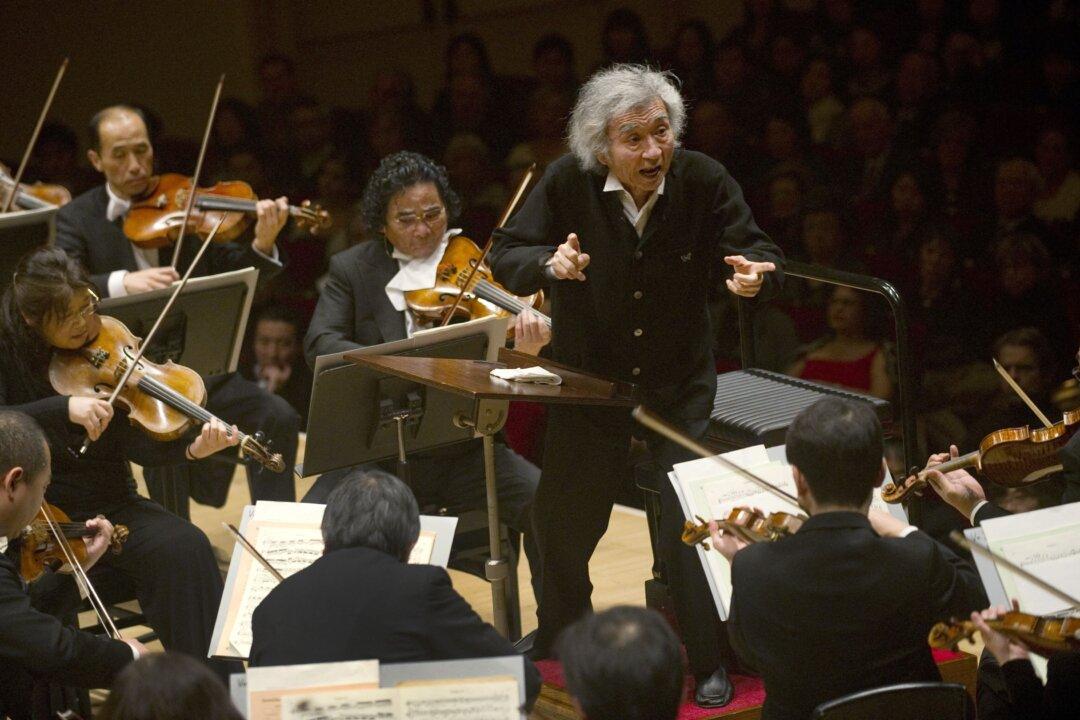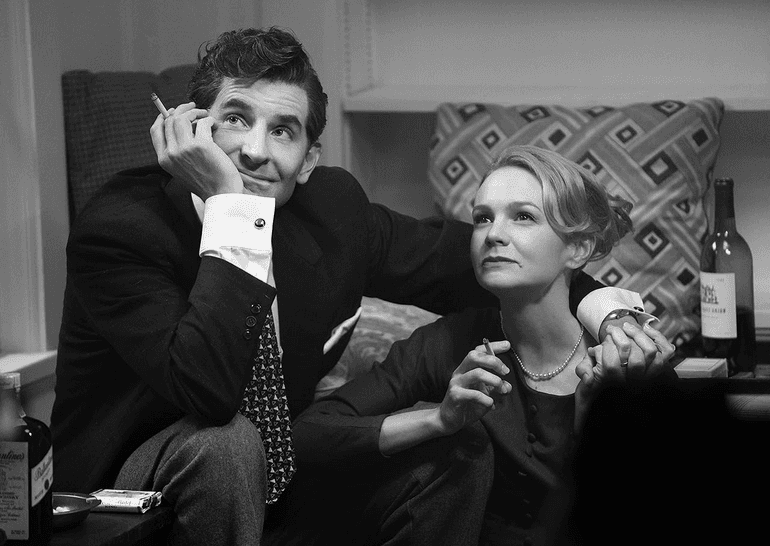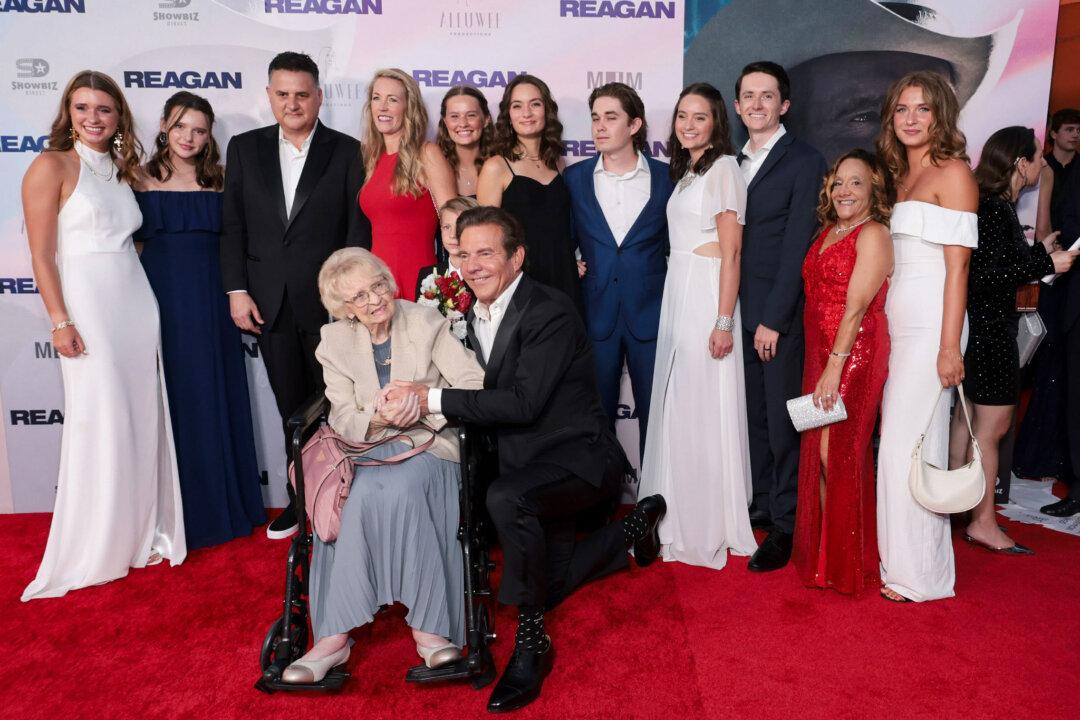Japanese conductor Seiji Ozawa, celebrated for his dynamic performances during his three-decade tenure with the Boston Symphony Orchestra, passed away at the age of 88. Mr. Ozawa, known for his energetic conducting and trademark salt-and-pepper hair, died of heart failure at his home in Tokyo on Tuesday, as confirmed by his office, Veroza Japan.
Mr. Ozawa, recognized internationally for his distinctive presence and leadership style, led the Boston Symphony Orchestra from 1973 to 2002, making him the longest-serving conductor in the orchestra’s history. Following his time in Boston, he served as the music director of the Vienna State Opera from 2002 to 2010.
Despite his age, he remained active in the music scene, particularly in his native Japan, where he founded and served as the artistic director of the Seiji Ozawa Matsumoto Festival, a prominent music and opera event. Additionally, his co-founding of the Saito Kinen Orchestra in 1984 led to notable achievements, including winning a Grammy for best opera recording in 2016 for Ravel’s “L’Enfant et Les Sortileges (The Child and the Spells).”
In 2016, Mr. Ozawa orchestrated a special performance of Beethoven’s “Egmont” Overture for Japanese astronaut Koichi Wakata aboard the International Space Station, emphasizing his belief in the unifying power of music, especially during times of global challenge such as the COVID-19 pandemic.
Throughout his tenure, Mr. Ozawa exerted significant influence over the Boston Symphony Orchestra, shaping its roster and budget, which grew substantially under his leadership. His impact extended beyond the orchestra, as he played a pivotal role in elevating the Tanglewood Music Center to international acclaim. However, his tenure was not without controversy, particularly concerning changes at Tanglewood that led to the departure of longtime figures.
Born in Manchuria, China, to Japanese parents in 1935, Mr. Ozawa’s musical journey began under the tutelage of Hideo Saito upon his family’s return to Japan in 1944. He quickly gained recognition for his talent, with Leonard Bernstein appointing him as assistant conductor of the New York Philharmonic in the early 1960s. Mr. Ozawa’s commitment to showcasing the talents of Japanese performers marked him as a trailblazer in the classical music world.







